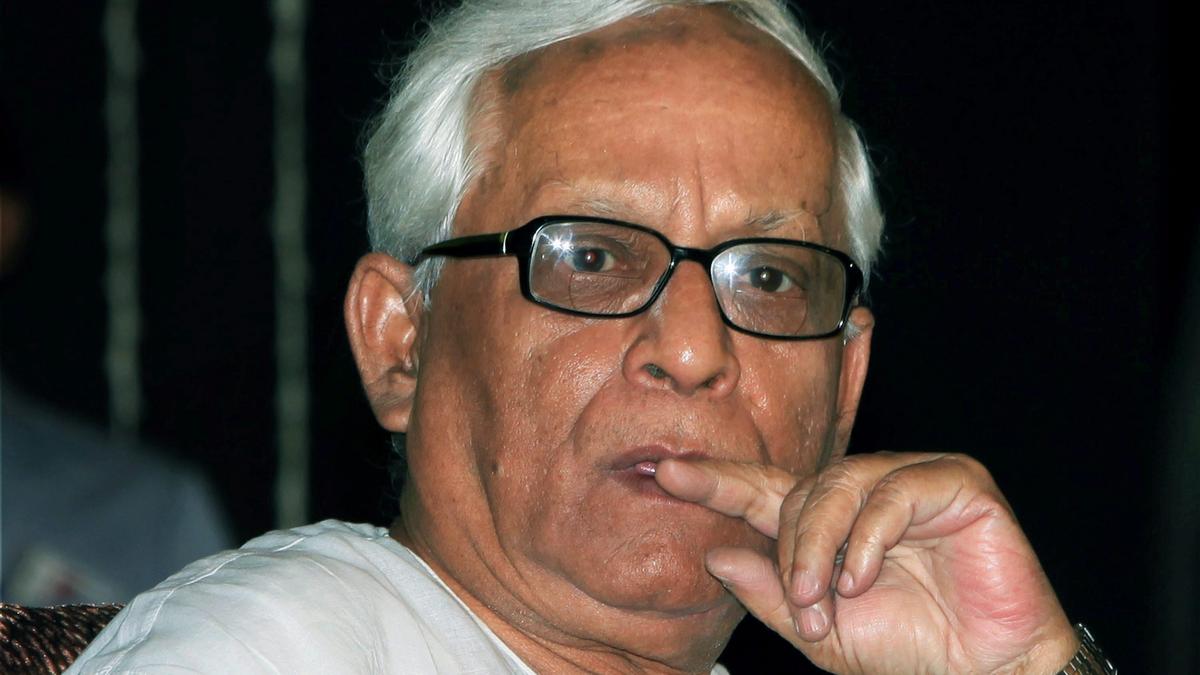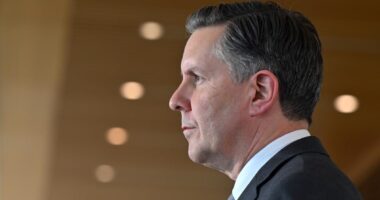Veteran Communist leader and former West Bengal Chief Minister Buddhadeb Bhattacharjee was fond of quoting a phrase from Charles Dickens’s ‘A Tale of Two Cities’. “It was the best of times, it was the worst of times…” It was a phrase he repeated at almost every public event he attended as Chief Minister for his two terms, 2001 to 2011. This was not only because he understood the importance of the hope and aspirations of the people of his State – particularly the young generation.
As the world settled into the first decade of the new millennium, he became the Chief Minister in 2000 when he was 66 years old. He moved quickly to initiate changes as he dreamt of changing the status quo, and deliver the people of West Bengal from the stagnation they were in. After the Left Front was ousted from power after three decades in 2011 by Mamata Banerjee, Bhattacharjee remained in public life till 2016. His failing health had confined him to his Palm Avenue residence in Kolkata for the past eight years. He passed away on Thursday ( August 8) at 80.
Bhattacharjee was the last of the great Communist leaders from West Bengal, a quintessential Bhadralok, who loved to read poetry, Kafka and Marquez. Honest and transparent, he dreamt of transforming West Bengal from an industry-starved to an industry-resurgent State. At his numerous public meetings, he kept harping on one topic – jobs for the youth. “There are thousands of students who are coming out of our colleges and what will we offer them? They want work. Will they have to go out of the State?” he would ask.
But things were far from easy. As Chief Minister he had to grapple with the difficult task of land acquisition for industrial purposes and met with violent resistance in Singur (Hooghly district) and Nandigram (Purba Medinipur). Even though his dream failed to materialize, he did not budge from his stand – that industrial development was of utmost importance in the State and the need of the hour. While admitting some lapses in the way the land acquisition process was initiated, he was convinced that land reforms that formed the basis of the Left rule in the early decades would not sustain for much longer.
“ ‘Krishi amader Bhitti, Shipla amader Bhabishyat ‘( Agriculture remains our core, but industry is our future),” Bhattacharjee emphasized. In the tumultuous time of the seventh Left Front government ( 2006-11) when a ‘rainbow alliance’ of the Opposition led by Trinamool Congress would make governance difficult and ultra Left extremism raised its head in the State’s Jangalmahal ( south western) region, and the Darjeeling hills were in flames over agitation for a separate State, Bhattacharjee would rely on political solutions rather than use brute force.
“We will fight them politically,” he would say. In his memoirs Phire Dekha II ( Looking back), he touches on these questions. “Sometimes I wonder where I made the mistake. Was it land acquisition itself or was the process of land acquisition that was wrong? Was I too soft on the Opposition? We will take the lesson from that experience,” he wrote.
Born in 1944 in north Kolkata, Bhattacharjee graduated in Bengali (Hons) from the city’s reputed Presidency College (now Presidency University). From a very early age he became associated with the Communist movement and became the state secretary of the Democratic Youth Federation of India, the youth wing of the Communist Party of India ( Marxist). He became the Minister of Information and Public Outreach in the first Left Front government in 1977. Except for a five-year gap (1982 to 1987) when he lost the Assembly polls, Bhattacharjee remained one of the most important Ministers of the Left Front cabinet, and in 2000 he became the Chief Minister of the State when Jyoti Basu handed over the baton to him.
Always clad in a crisp white dhoti and kurta, he was a poet at heart. To a great extent he was the inheritor of a great literary tradition left behind by his uncle Sukanta Bhattacharjee, one of the greatest poets of the Communist movement in Bengal. Bhattacharjee himself wrote a number of plays and translated works of Marquez, and dramatized and adapted Kafka’s ‘Metamorphosis’. It was Bhattacharjee as Minister of Information and Culture who introduced the International Film Festival to the city in the early 1990s, where some world cinema’s masterpieces would be screened, and great filmmakers across the world would be brought over to Kolkata.
A Communist Icon, his legacy is not limited to his





